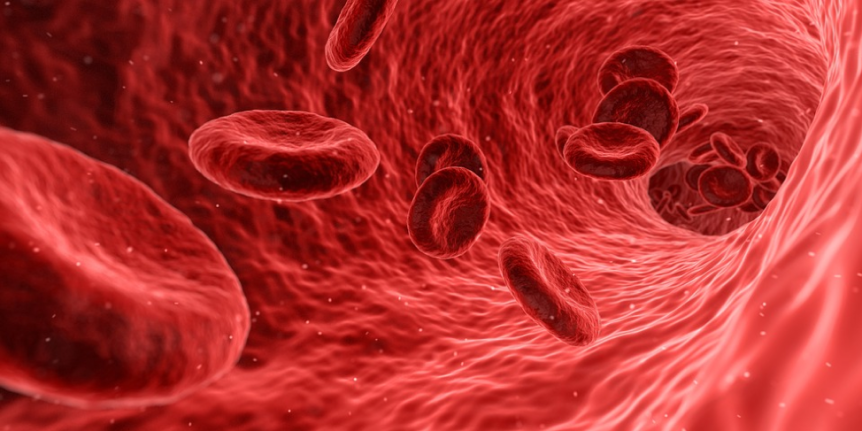
By Karl Bower, Lic.Ac.
This post is copied from our older, original blog. Original post date 3/13/2014.
Blood is important. This may seem obvious, but from an East Asian Medical perspective, this is much more than just discussing anemia or blood loss or other western diagnosis. As an acupuncturist, I talk a lot about ‘blood deficiency’, and ‘deficient’ doesn’t always imply quantity, but also quality. Blood and qi are both important, one relies on the other, but as we will see, the quality of the blood can play out in symptoms that may not be so readily apparent.
Aside at looking at the physiological and biomedical importance of blood, which is vast, the abundance and vitality of this fluid plays a huge role in psychology, sleep, muscle strength, menstrual health, lactation, hair growth, dry skin, tremors, and so on. It seemingly has an influence on every aspect of our health, and for all intents and purposes, it does.
Blood is to yin, as the qi is to yang. The balance of yin and yang in the body is what prevents illness. Qi and blood have a close relationship in this way. Qi is the motive force for blood, and blood holds and houses the qi. They rely on each other to carry on the various functions that are required, and so when one falters, it’s not too long before the other does as well. These can lead to a whole series of cascading effects that present themselves as various symptomology.
As discussed above, quantity and quality play a large role in how the blood can cause health issues. Blood deficiency can be seen in many dry symptoms, for example. Dry eyes, hair, lips, skin, even muscles can be linked back to blood. Again, blood is on the spectrum of yin, and yin is the water of the body. Over time, if blood is deficient, the body’s yin will suffer. This can manifest as premature greying, insufficient lactation, brittle nails, and more specifically in women during menopause with the cessation of the menses, night sweats, hot flashes, etc.
Blood also houses the shen, or the mind/spirit, a physical root for consciousness. It is the tie between the mind and body. This is prominent when we think of blood being weak; our spirit can’t find a resting place in the blood, our thoughts and emotions are not grounded in the body. This is where get the sensation that we aren’t always in touch with who we are, our mind is not secured and therefore drifts. Emotionally, this can be seen in depression, lethargy, paranoia, or even anxiety.
This feeling of not being grounded in the body is readily seen with sleep problems. Blood deficiency can let the spirit wonder at night, which can manifest in the extreme example of sleep walking, but more generally occurs simply as sleeplessness. The mind is not able to quieten and settle down enough to allow for sleep.
Luckily, there are numerous ways to improve blood quality, especially through diet. Generally, I like to say that eating blood helps blood, so good sources meat, especially red meat or liver are great for building blood. Otherwise, plenty of fresh whole vegetables are beneficial, especially chlorophyll-rich foods, such as dark leafy greens, and certain beans. These foods have the commonality of high mineral content, therefore helping to contribute to the formation of new blood.
Here is a small list of foods that you can add to your general diet to ensure strong vital blood:
- Apricots
- Beef
- Beets
- Bone marrow
- Cherrys
- Eggs
- Dandelion greens
- Dates
- Figs
- Grapes
- Kale
- Kidney beans
- Leafy greens
- Liver
- Microalgae
- Mussels
- Oyster
- Parsley
- Sardines
- Seaweed
- Spinach
- Stout
- Tempeh
- Watercress

